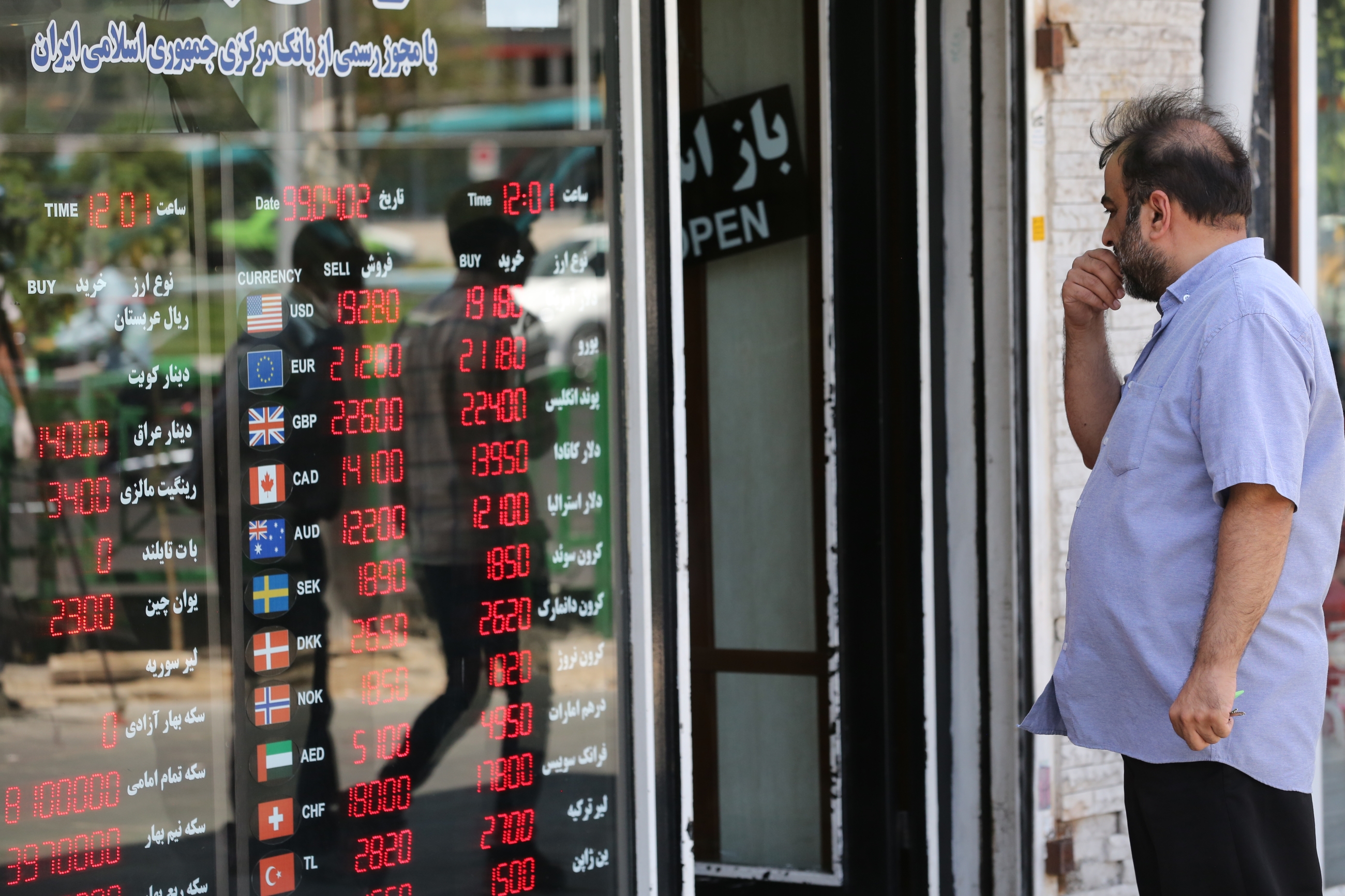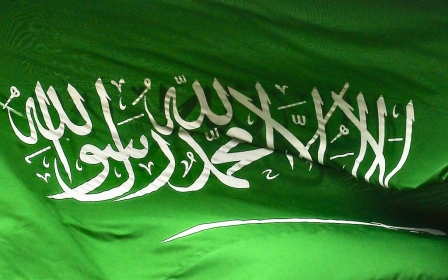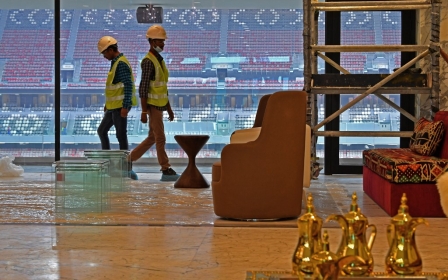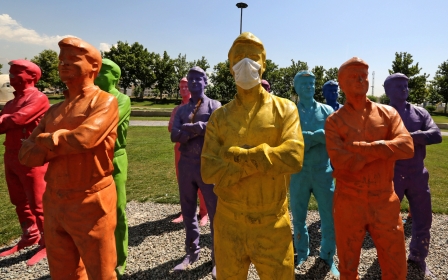Rouhani says Iran has 'toughest year' due to coronavirus, US sanctions

Iranian President Hassan Rouhani on Sunday said Iran had faced its toughest year due to US sanctions and the coronavirus, as the country set out plans to make masks mandatory for two weeks.
The Iranian rial fell to its lowest value against the US dollar last week, while the Iranian economy continues to reel from the pandemic that has aggravated the impact of the sanctions imposed by Washington in 2018.
"It's been the most difficult year due to the enemy's economic pressure and the pandemic," Rouhani said in a televised speech.
"The economic pressure that began in 2018 has increased... and today it is the toughest pressure on our dear country."
Iran has seen a sharp increase in coronavirus infections and deaths since restrictions to stem the spread of the pandemic were gradually lifted from mid-April. The death toll has recently topped 100 a day for the first time in two months.
Some 2,489 new cases were recorded in the past 24 hours, taking the total to 222,669, health ministry spokeswoman Sima Sadat Lari told state television. She said 144 people had died, bringing the total to 10,508.
Rouhani said the wearing of masks will become mandatory for two weeks starting next Sunday in "gathering places" that are deemed "red spots".
Senior officials have regularly warned that restrictions will be reimposed if health regulations such as social distancing to stem the surge in infections are not observed.
Iran launched a "#I wear mask" campaign on Saturday to motivate a reluctant public to use face masks.
Deputy Health Minister Iraj Harirchi pleaded with citizens, especially young Iranians, to take the disease seriously.
"In our country, every 33 seconds, one person is infected with the coronavirus, and every 13 minutes, one person dies from it," he said.
"I desperately - and in a friendly way - plead with people to cooperate in observing medical protocols for their own sake and that of others," Harirchi said.
Middle East Eye propose une couverture et une analyse indépendantes et incomparables du Moyen-Orient, de l’Afrique du Nord et d’autres régions du monde. Pour en savoir plus sur la reprise de ce contenu et les frais qui s’appliquent, veuillez remplir ce formulaire [en anglais]. Pour en savoir plus sur MEE, cliquez ici [en anglais].




